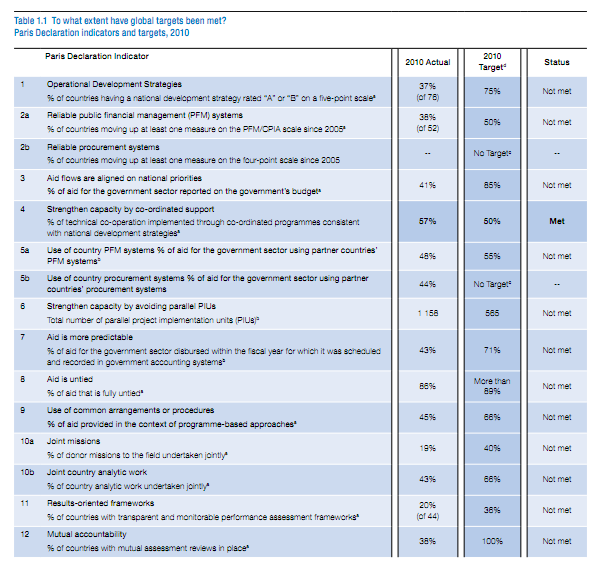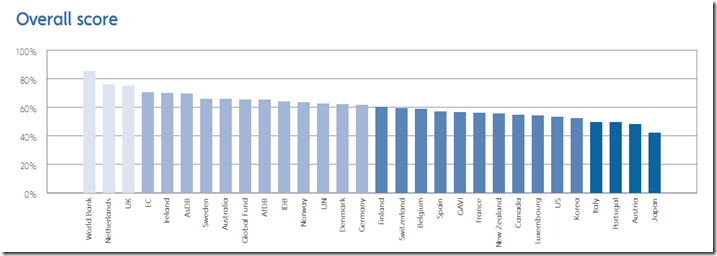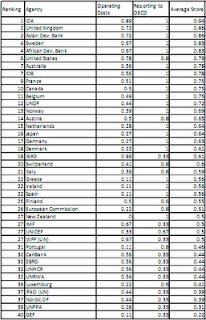Dear rovingbandit.com,
In 2008, Chevron paid more than $40 billion to the governments of countries around the world - most of it entirely in secret.
Chevron drills for oil in places where millions of families struggle on less than $1 a day. That $40 billion could have supported schools, health care and food programs - so where did it go?
Chevron knows exactly how much it paid to each country. But they won't say. And without any information on these secret payments, poor communities can't demand their fair share - to send their children to school, create jobs and escape poverty and hunger.
Tell Chevron to open the books on its secret payments so that the world can follow the money and help put it toward real development.
In less than a week, Chevron will hold its annual shareholder meeting. This is our moment to demand that Chevron finally come clean. Greater transparency and accountability will stabilize countries and help Chevron in the long run.
Chevron won't even provide a basic accounting of how much money goes to each country - so there's no transparency, no accountability, and no way for poor people to call for their fair share.
That means people whose lands are yielding up billions of dollars in oil revenues still face chronic hunger and poverty. It means some officials remain free to enrich themselves with no public oversight. This makes it hard for citizens and watchdog groups to follow the money and keep officials honest.
Our partner, Oxfam America, has met with Chevron multiple times, but they keep refusing to disclose. So they have filed a shareholder proposal for Chevron's May 26th annual meeting, by which shareholders can exercise their rights and ask Chevron to open the books on its secret payments - and in partnership with Oxfam America we're also making it easy for people like you to put direct pressure on Chevron.
Other oil and mining companies disclose this information, and Chevron should join them - especially since more transparency will actually help Chevron in the long run by stabilizing countries. If the company agrees to change its policies, it could be a watershed moment across the oil, gas, and mining industries.
Tell Chevron to stop the back-room deals that open the door to corruption and keep people in poverty.
Chevron advertises itself as a protector of the planet. So why isn't it agreeing to let the public see what it pays to foreign governments?
With your help, we can pressure Chevron to make a real change in its policies - and help millions of poor people in the process. Please share this alert with your friends and family.
Thank you,
- The Change.org team in partnership with Oxfam America



